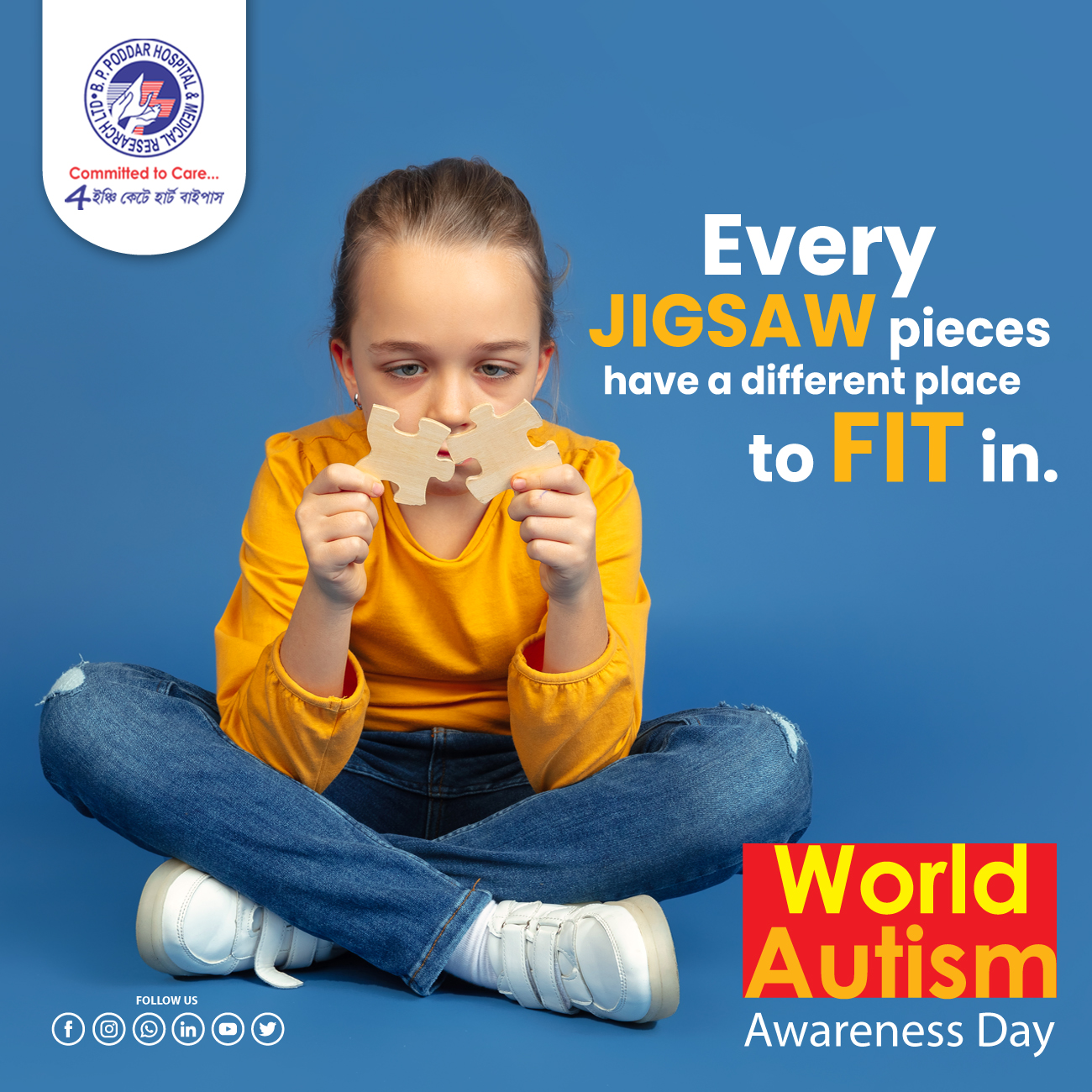
Autism is a developmental disease that usually manifests in the first three years of life and is a permanent neurological condition. Autism manifests as delays in three key areas of development: vocal and nonverbal speech, social relationships, and imagination, which can be seen in repetitive and constrained play or recreational activities. The trio of limitations is used to describe this.
These regions frequently take a while to grow, but more importantly, they do so in peculiar ways. Numerous people with autism have various methods of "sensing" the world. For instance, some people might prefer a strong grip to a firm touch. Others might find it challenging to trim their hair or clean their teeth. Some common noises will be challenging for many people to tolerate. Or, some people may have incredibly strong dietary preferences. Many people with autism may exhibit very odd behaviours and a typical method of connecting to people, items, and events in their surroundings because of these variations in speech, social interaction, imagination, and "sensing" their world. As a result, they are frequently misconstrued as being "disobedient" or "bad-behaving."
Because the severity of symptoms can vary from a mild cognitive and social disability to more complicated requirements with multiple problems and frequently very unusual behavior, autism is known as a "spectrum disorder." Deficits in quality are a consequence of autism. This implies that while abilities are present in an autistic personâ€â€they are not lackingâ€â€they do not mature as they should. As a result, distinct abilities mature at various rates in individuals with autism.
An additional trait of autism, and possibly its most perplexing aspect, is inconsistent skill development. The overall growth of a neuro-typical kid at age 4 would be comparable to that of a 4-year-old. However, a 4-year-old with autism may have verbal development similar to that of a 2-year-old, large motor skills similar to those of an 8-year-old, fine motor skills similar to those of a 6-year-old, and self-help skills similar to those of a 3-year-old. Therefore, a person might be able to perform simple math operations but be unable to talk; they might also be familiar with the letters, numbers, and baby songs but be unable to express their wants or needs. No two individuals on the autism range are alike in terms of appearance or behaviour due to all these traits.
Autism is not a condition that is unusual or unique. It is more prevalent than Down's syndrome and the third most prevalent genetic condition. Professionals are starting to recognise that some individuals who were given a mental retardation, hyperactivity, or poorly behaved kid diagnosis may actually have autism as a result of increased knowledge and consciousness levels.
Recent international surveys indicate that one in 68 individuals worldwide have autism, and the prevalence of autism is thought to be constant globally. (CDC, 2014). According to this, India has a population of over 18 million individuals who have autism. This implies that we have all encountered at least one autistic individual in our lifetimes, even though we were unaware that s/he was autistic.